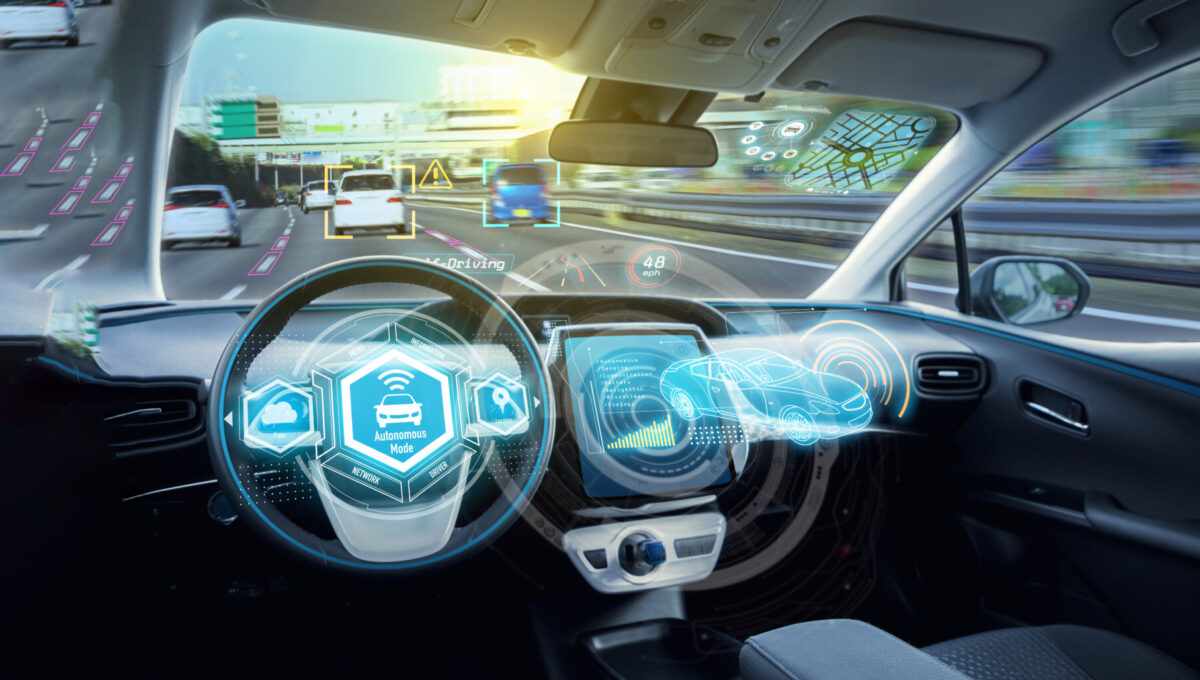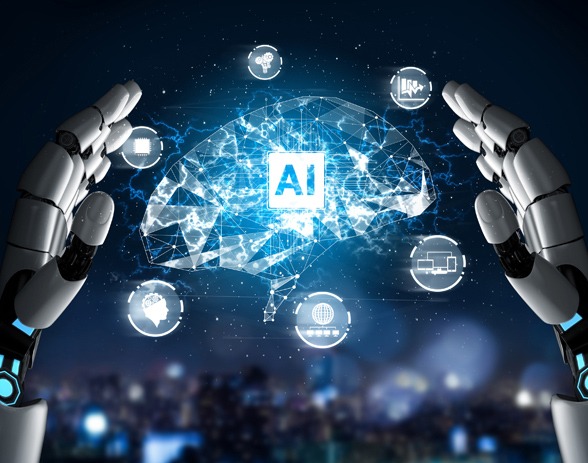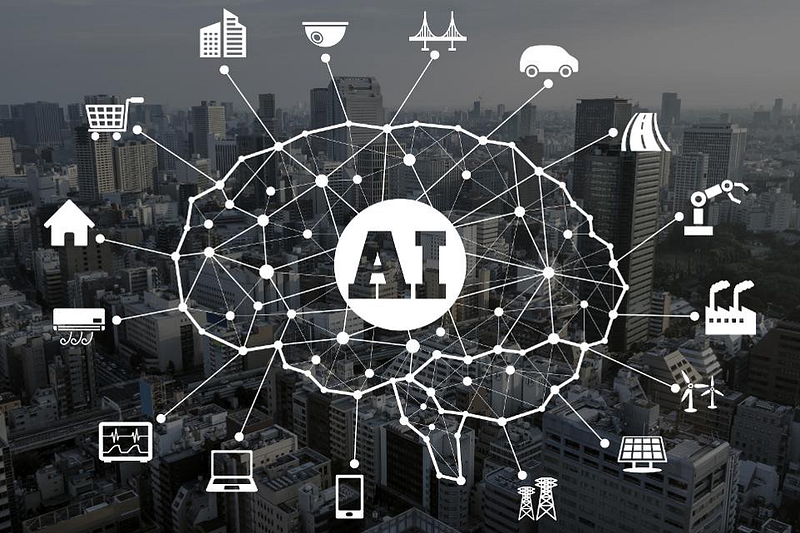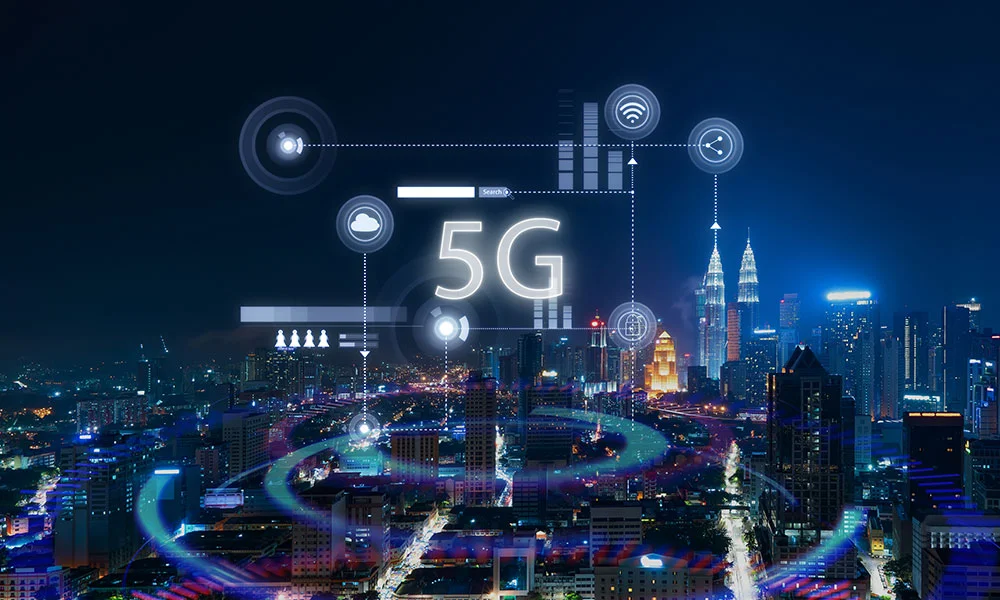Introduction to Autonomous AI
Imagine a world where machines can operate independently, making decisions without human intervention. This is not the stuff of science fiction; it’s the reality emerging from advancements in Autonomous AI.
These intelligent systems are evolving rapidly, transforming industries and redefining our relationship with technology. As we step into this new era, understanding how Autonomous AI functions and its implications becomes crucial for us all. Let’s dive deeper into what makes these systems tick and explore their potential to shape our future

The Evolution of AI: From Reactive to Autonomous
The journey of artificial intelligence has been nothing short of remarkable. Initially, AI systems were reactive. They could only respond to specific inputs without understanding context or intention.
As technology advanced, so did the capabilities of these systems. The introduction of machine learning allowed AI to analyze vast amounts of data and recognize patterns. This shift made it possible for AI to make predictions rather than just react.
Today, we are witnessing a new phase: autonomous AI. These systems can operate independently, making decisions based on complex algorithms and real-time data analysis. They learn from their environment and adjust accordingly—no human intervention required.
This evolution signifies not just technological growth but also a change in how we interact with machines. Autonomous AI represents a leap forward towards creating smarter solutions that can handle tasks once thought too intricate for computers alone.
Benefits of Autonomous AI Systems
Autonomous AI systems bring numerous advantages to various industries. They can operate continuously without fatigue, reducing the need for human intervention in routine tasks. This efficiency leads to increased productivity and allows human workers to focus on more complex responsibilities.
These systems also enhance accuracy and precision. By leveraging data analysis, autonomous AI minimizes errors that often arise from human oversight. This reliability is especially critical in sectors like healthcare and manufacturing.
Cost savings are another significant benefit. Companies can reduce labor costs while increasing operational efficiency by implementing these technologies. Additionally, autonomous AI can lead to faster decision-making processes, as it swiftly analyzes vast amounts of information.
They offer scalability opportunities. Organizations can expand their operations seamlessly by integrating autonomous solutions without the proportional increase in workforce or resources required previously.
Real-World Applications of Autonomous AI
Autonomous AI systems are making waves across various industries. In agriculture, drones equipped with AI can monitor crop health and optimize irrigation without human intervention. This enhances efficiency while reducing resource wastage.
In healthcare, autonomous robots assist in surgeries, ensuring precision that exceeds human capabilities. They analyze vast amounts of data to craft personalized treatment plans for patients, improving outcomes significantly.
Transportation is another field witnessing transformation. Self-driving cars utilize sophisticated algorithms to navigate complex environments independently. They aim to reduce accidents caused by human error.
Additionally, finance sectors leverage autonomous trading systems powered by AI algorithms. These systems can operate at speeds and efficiencies beyond human traders, responding instantly to market fluctuations.
The entertainment industry also benefits from autonomous technology through personalized recommendations on streaming platforms. By analyzing user preferences autonomously, these AIs enhance the viewing experience seamlessly.
Ethical Concerns Surrounding Autonomous AI
As autonomous AI systems become more prevalent, ethical concerns arise. One major issue is accountability. When an AI operates independently, determining responsibility for its actions can be complicated.
Bias in decision-making is another critical concern. If these systems are trained on flawed data, they may perpetuate existing stereotypes or inequalities without human intervention to correct them.
Privacy becomes a significant consideration as well. Autonomous AI often requires vast amounts of personal data to function effectively, raising questions about consent and surveillance.
Then there’s the potential for job displacement. As machines learn to operate without human oversight, many fear that entire industries could be at risk.
There’s the moral dilemma regarding autonomy itself. Should we allow machines to make decisions that impact human lives? These discussions are vital as we navigate this complex landscape of technology and ethics.
Challenges and Limitations of Autonomous AI
Autonomous AI faces significant challenges that hinder its widespread adoption. One major issue is the technology’s reliance on vast amounts of data. Quality and quantity matter, as these systems require accurate information to operate effectively.
Another limitation lies in the unpredictability of real-world scenarios. Autonomous systems can struggle when faced with unexpected environments or complex situations where human intuition plays a crucial role.
Ethical dilemmas also pose hurdles for developers. Questions about accountability arise if an autonomous AI makes a mistake or causes harm. Who takes responsibility—the creator, user, or the machine itself?
Regulatory concerns further complicate matters. Governments are still determining how to oversee these technologies without stifling innovation while ensuring public safety.
Integrating autonomous AI into existing infrastructures presents logistical challenges. Many industries need robust frameworks to allow seamless operation alongside human workers and traditional processes.
The Future of Autonomous AI
The future of Autonomous AI holds immense potential. As technology advances, these systems will become even more adept at operating independently across various sectors.
Imagine self-driving vehicles that navigate complex urban environments seamlessly, or drones delivering packages without human input. The possibilities are endless.
Moreover, industries like healthcare could see revolutionary changes. Autonomous AI might assist in surgeries or manage patient care with minimal intervention, enhancing efficiency and outcomes.
However, the evolution won’t be without its hurdles. Ensuring safety and ethical standards is crucial as we let machines operate with limited oversight.
As society integrates these technologies into daily life, a balance must be struck between innovation and responsibility. Collaboration between humans and autonomous systems may redefine our roles in numerous fields while fostering growth and progress together.
Anticipating this shift sparks both excitement and caution about what lies ahead for humanity’s partnership with AI.

Conclusion
The landscape of technology is rapidly evolving, with autonomous AI systems leading the charge. These intelligent entities are designed to operate independently, minimizing the need for human intervention. The transition from reactive AI to fully autonomous systems marks a significant milestone in our quest for smarter technology.
The benefits are clear—improved efficiency, reduced costs, and enhanced decision-making capabilities. Businesses across various industries are already reaping the rewards of integrating these advanced systems into their operations. From manufacturing to healthcare, autonomous AI is transforming traditional methodologies.
However, this progress does not come without its challenges. Ethical concerns about job displacement and accountability arise as machines take on more responsibilities. Additionally, technical limitations can hinder performance and reliability in real-world scenarios.
As we look ahead, the future of autonomous AI holds immense potential but also requires careful navigation through ethical dilemmas and technological hurdles. Striking a balance between innovation and responsibility will be crucial as we integrate these powerful tools into society.
Autonomous AI represents a new frontier that aims to enhance our lives while sparking important conversations about autonomy versus oversight in emerging technologies.







